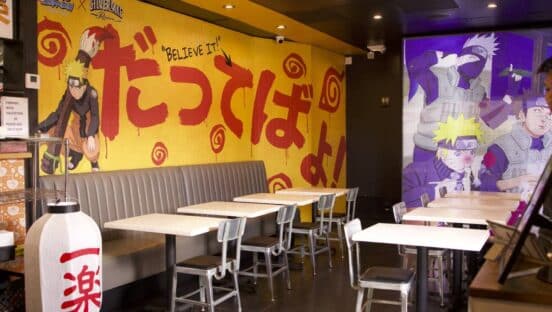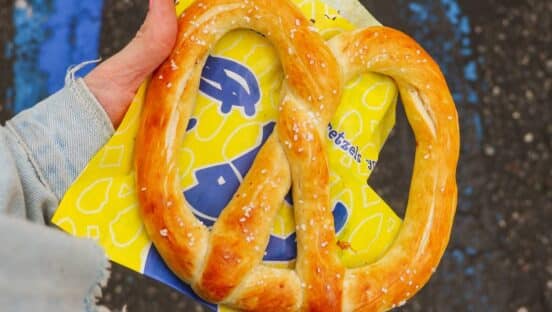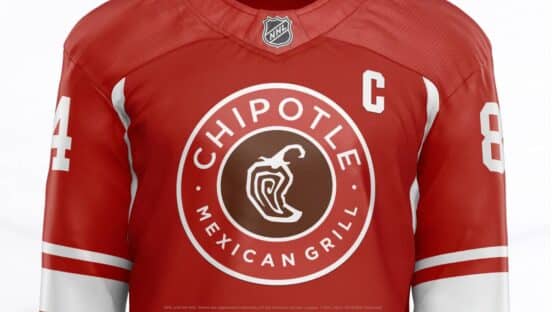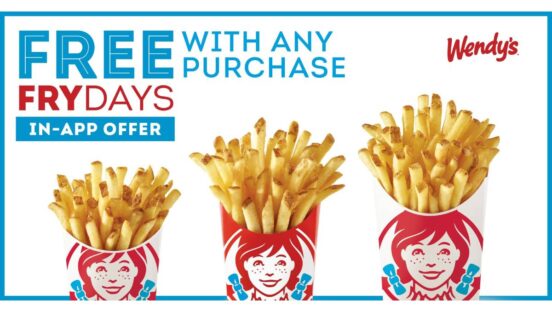The world’s largest sandwich brand might emphasize fresh, healthy meals, but Subway is also touting the ABCs of STEM (science, technology, engineering, and mathematics). Through its partnership with the Chicago-based television series “Moochie Kalala Detectives Club,” Subway franchisees are helping turn science lessons into learning adventures for elementary-aged students.
More than 800 independently owned Subway restaurants in northwestern Indiana and the greater Chicago area partnered to sponsor the children’s TV show, which promotes STEM education through its plotlines.
Subway development agent and franchisee JoAnn Bachewicz saw the partnership as a way to delve into a new area of charitable work.
“As times change and as STEM becomes more important, I think it’s important that we are right there to support that,” Bachewicz says. “This gives the local operators a chance to go in and become integrated into the schools.”
According to the STEM Education Coalition, elementary school students spend about 2.6 hours per week on science. It is the goal of Dreaming Tree Films’ “Moochie Kalala Detectives Club” to increase that average amount.
The half-hour show begins with Grandpa, played by former “Saturday Night Live” cast member Tim Kazurinsky, telling his two grandchildren a fantastical story about young detective Moochie Kalala as she learns the truth behind mysteries like how a tornado forms or what Mars is like. The children then go to a local museum to talk with an expert in the field. Through the adventures, children learn scientific facts about space, architecture, the ocean, and more.
Local Subway franchisees provided the funds for 10 science grants of $250 each, which were awarded to local elementary school teachers. The franchisees also helped fund science events and “Moochie Kalala Detectives Club” screenings at 10 public schools.
These events also gave Subway owners an opportunity to build a fruitful relationship with the schools and communities they serve. Franchisees were present at the events to present the grants to teachers. They also brought Subman—the Subway mascot—to the elementary schools to meet and take pictures with students. Children were given apples to snack on, and teachers were provided with a free Subway lunch.
The events coincided with Illinois Gov. Bruce Rauner’s “Science Detectives Week” in May, in which STEM education was supported through educational functions in the schools. The week included science demonstrations and question-and-answer sessions with real scientists.
The partnership was heavily promoted at the store level, with operators talking to their employees and customers about the TV show and its advocacy of STEM education.
“Subway was really doing a great job from the marketing team’s level with connecting the local franchisees with the local schools in their area,” says Kelli Feigley, a producer at Dreaming Tree Films. “A lot of times we’ll do an event and it will be at one place and only impacts a few of the store owners around it. Because this had more of a mass reach, a lot of the franchisees could participate, which I think is great for business.”
Feigley adds that the show positions itself in a sweet spot: Children think of it as a fun television show, while parents see the educational value. She compares the dynamic to Subway restaurants, where kids feel like they are getting a special meal when really they are eating something nutritious.
Another franchisee, Kathy Bentz, says Subway operators are matched up with an advertising agency in their market that puts them in touch with charitable initiatives like “Moochie Kalala Detective Club.” The agencies help guide franchise owners through the logistics of events and promotions.
Bentz says she is proud of the charitable causes that the parent company supports. “Subway attempts to work in many different areas of supporting charities that touch a broad band of people and events, and it’s a nice feeling knowing that we are contributing and making a difference in people’s lives,” she says.
For other quick serves looking to participate in charitable work, Bachewicz suggests owners look right outside their front door.
“Once the owners are involved in the local community, it makes all the difference in the world,” Bachewicz says. “People realize that this is your next-door neighbor’s store, and they are committed to the area. It’s not just about taking profits out; it’s about being part of the community.”
Although the restaurants are independently owned, Bachewicz says, it has become normal for the franchisees in the Chicago area to come together to support causes. In the past, the local Subway stores have sponsored organizations such as the Special Olympics and Little League teams.
Bachewicz adds that the joy of being there to help the children is what matters most. She commends her fellow franchisees like Bentz for taking the time to be present at the schools to present awards and meet with the teachers who earned them.
Ultimately, the grant money funded by Subway franchisees will be used for hands-on science education, such as building a chicken hatchery in the classroom to observe how the animals grow or busing students to the local museums to see exhibits that align with their studies.
“Teachers aren’t often celebrated. Two-hundred-fifty dollars doesn’t seem like a lot, but to a teacher, it’s huge,” Feigley says of the grants that will be used for STEM education. “It’s really amazing, and it’s all because of Subway.”











